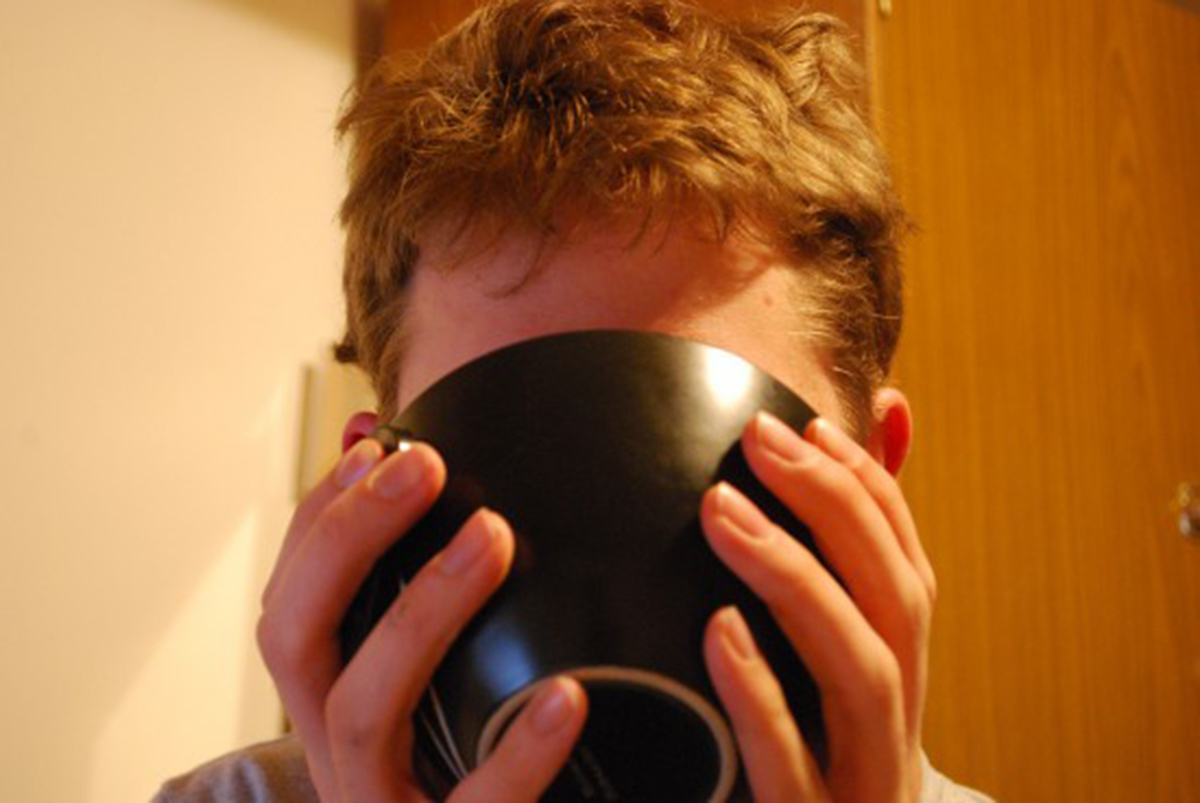Table of Contents
The underlying causes are being identified step by step although the exact nature of the condition is still unknown. The research done so far has shown that it seems likely that the causes of this condition are a combination of
- biological,
- genetic,
- emotional factors

Stress as a possible cause
There are several theories which have postulated that people with this condition are under stress, either recognized or hidden. The patient who’s under stress is flooded with cortisol, a stress hormone. This night eating may be the body's attempt to neutralize cortisol or slow down its production, and indirectly relieve stress. Stress-reduction programs, including mental health therapy, seem to help people with Night eating disorder! Another proof that the people with this disorder eat because they’re under stress is that they usually choose food rich in carbohydrates which produce the feeling of happiness when consumed.
Heredity as a possible cause
Several researches have proven that Night eating syndrome may run in families.
Dieting as a possible cause
Many of those affected by the syndrome diet during the day. This is leaving them hungry and very weak to binge eating during the night when their control gets weakened by sleep.
Other conditions as a possible cause
Some people have medical histories of drug abuse, alcoholism, and other sleep disorders such as restless legs, sleep apnea, and sleep walking.
Biochemical and behavioral changes
The typical behavioral characteristics of the night eating syndrome are:
- morning anorexia,
- evening hyperphagia
- insomnia
What really happens in the brain of those affected with this condition? The neuroendocrine characteristics have been described as changes in the circadian rhythm by attenuation in the nocturnal rise of the plasma concentrations of melatonin and leptin. Leptin, the "hunger hormone" which rises at night to suppress appetite, was also lower in the Night eating syndrome patients, partly explaining their nocturnal food cravings. There is also an increased circadian secretion of cortisol.
These people also have disbalance in the expression of hypothalamic-pituitary-adrenal axis with an attenuated response to stress. It is proven that the mechanisms behind the increased CRH stimulation may involve alterations in the neurotransmitter systems, causing increased nocturnal appetite and disruption in the sleep pattern.
- www.anred.com
- www.sleepdisorders.about.com
- www.raderprograms.com
- en.wikipedia.org/wiki/Night_eating_syndrome
- Photo courtesy of stuartpilbrow by Flickr : www.flickr.com/photos/stuartpilbrow/3482965322/

